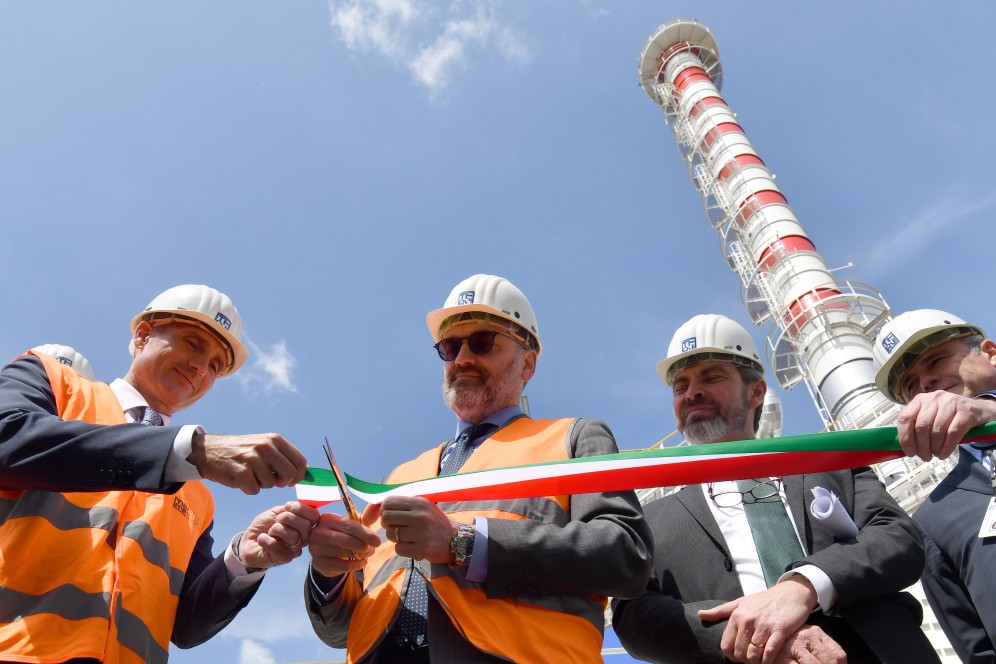Fossil fuel-free steam generation: The time has come
AST uses innovation and sustainability to reduce CO2 emissions at its Terni facility by 30,000 tonnes per year.
4 million euros in investment, a year's work and a hundred professionals, including engineers and specialized technicians, have together made possible a unique project in Italy: a steam generation plant that is virtually free of fossil fuels. The new plant significantly improves the environmental performance of the production at the historic Terni steelworks. The completion is the result of a collaboration with Avvenia, a member of the Terna Group and market leader in energy efficiency.
With the next innovation to a long tradition of sustainability
The AST plant in Terni consumes over 230,000 tons of steam per year in its production cycle, normally produced in fossil fuel boilers. By the end of the 1980s, over 30% of this steam had already been generated by heat recovery, avoiding air emissions wherever possible.
With the aim of further reducing environmental impact while increasing sustainability, AST identified a way to increase the production of steam from waste heat.
In concrete terms, the project increased the height of the chimney at the historic Terni site from 65 metres to currently 70 metres in order to create a better draught. This allows a considerable amount of heat (so-called waste heat) to be recovered from the hot rolling mill, converted into steam and reused throughout the production cycle.
The waste heat boiler (HRSG) brought the company's share of steam produced without fossil fuels to 70%. This brings enormous benefits to the area: by limiting methane consumption, AST will reduce CO2 emissions into the atmosphere by 30,000 tonnes per year.
"This project enables us to improve the sustainability of our company. Over the past five years, AST has invested over 25 million Euros in environmental projects. We are thus positioning ourselves as a leading company in the environmental service branch and implementing it in our day-to-day business". - Massimiliano Burelli, Chief Executive Officer of AST.
Celebrating progress
The opening of the HRSG was celebrated together with local politicians and environmental councils. It was an opportunity to discuss and highlight AST's efforts to make the production of stainless steel sustainable and environmentally friendly.
And thanks to investments and research activities to maximize efficiency in the production process, AST reduced its specific consumption by 3% in 2015, equivalent to the annual electricity consumption of half the families in the city of Terni.
